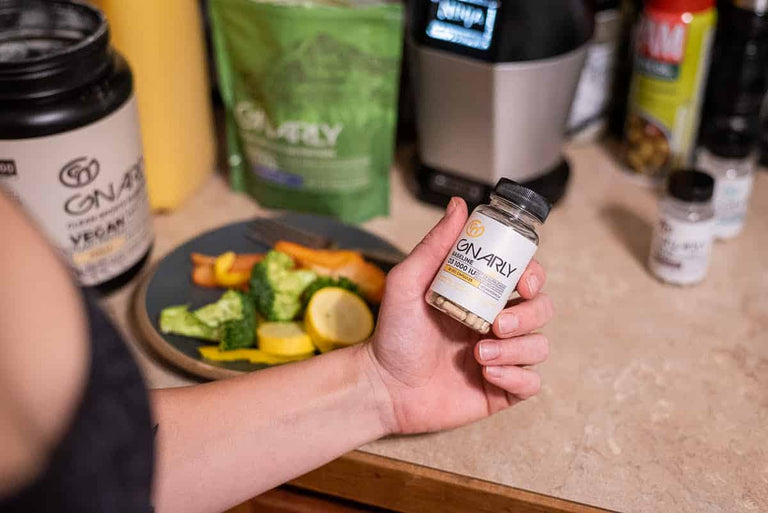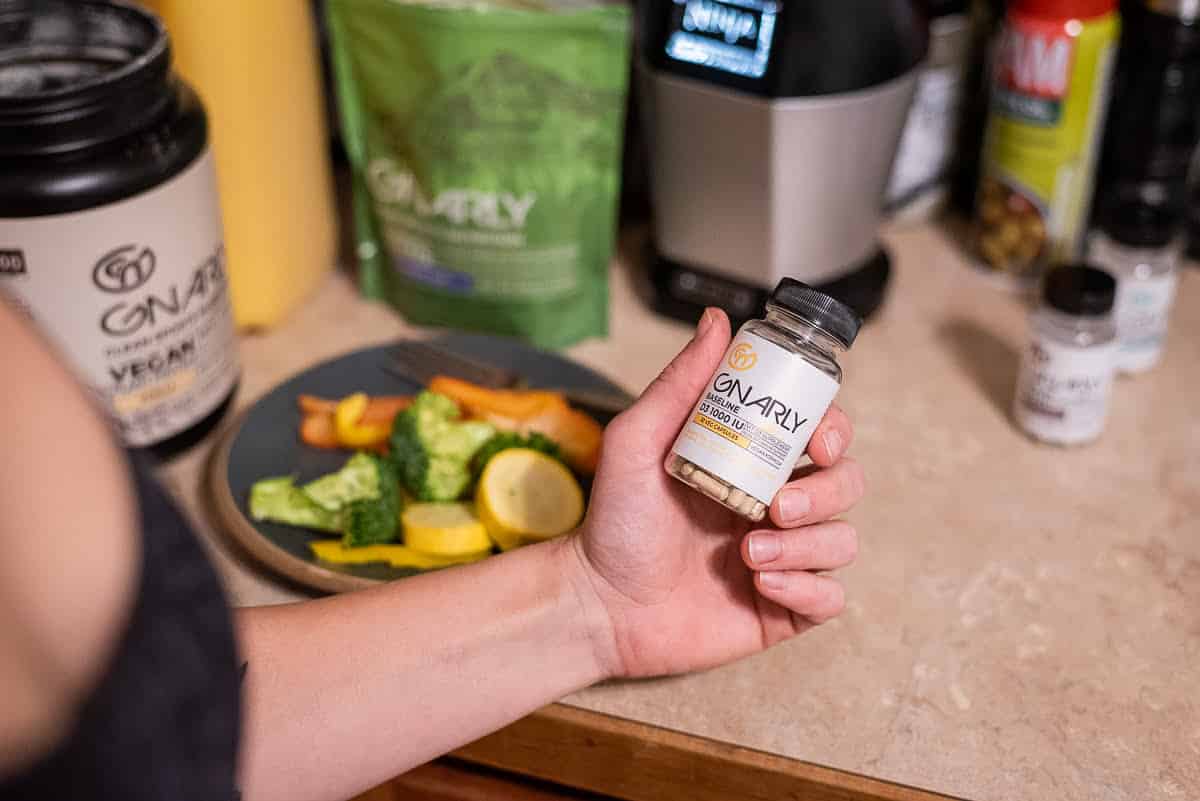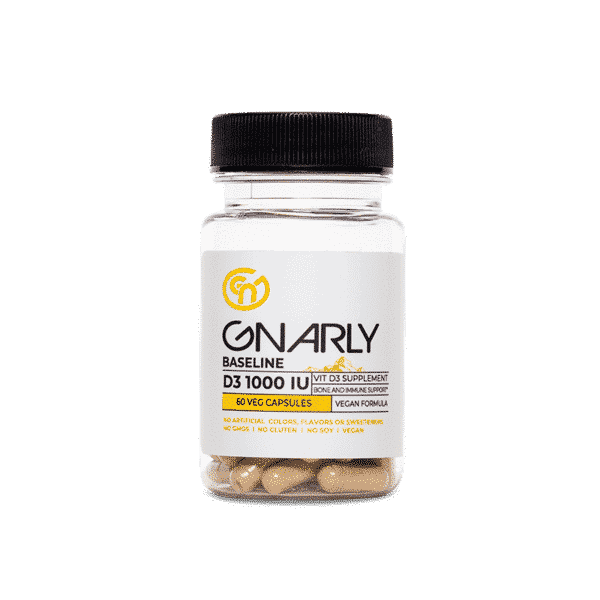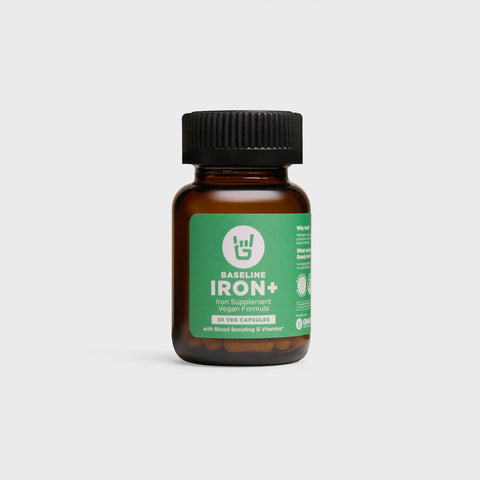Vitamin D has gained a lot of traction and popularity in recent years, and for good reason. Vitamin D is not solely a vitamin, but a hormone as well. A vitamin provides nutrition and aids in biological actions, while a hormone attaches to receptors in the cell to send messages. Vitamin D does both. Receptors for vitamin D exist on immune cells, muscle cells, neurons, liver cells, kidney cells, and more! Vitamin D is not just the bone vitamin, but the whole-body vitamin.

Vitamin D exists in various forms and has a complex metabolism. Vitamin D2 (ergocalciferol)
comes from plant food sources, specifically mushrooms. Vitamin D3 (cholecalciferol) comes from sunlight exposure and some animal based foods. Between vitamin D2 and vitamin D3, research suggests vitamin D3 is more effective at raising serum levels than vitamin D2.
Both our liver and kidneys help convert vitamin D to its active form: calcitriol. If there is impairment in the liver or kidneys, conversion may be less efficient. Once vitamin D is converted to calcitriol, it circulates in the bloodstream, improving absorption of calcium and phosphate while attaching to cell receptors to enable cell growth, immune function, and the reduction of inflammation. It is important to note that magnesium also plays a role in improving vitamin D activation. Though, when magnesium is low in the diet, vitamin D levels can suffer as well. Magnesium can be acquired through diet, or through proper supplementation.
Apart from being a key player in absorption and signaling, vitamin D also aids in osteoblast and osteoclast cell formation. These cells are constantly breaking down (osteoblast) and rebuilding (osteoclast) our skeleton as we age. Our bone structure can become weak and brittle without the proper balance of these cells. Rickets is a bone development disorder and is one example of severe vitamin D deficiency. In the 1930s, the US began fortifying foods with vitamin D, which makes rickets less common today than it used to be. Though, many people, especially those living in cloudy environments, still struggle to hit the Recommended Daily Allowance for vitamin D.
Although severe vitamin D deficiency isn’t seen as frequently, new research shows that even moderate deficiency may cause symptoms such as depression, fatigue, immune impairment, and heart complications. It is difficult to obtain 100% of your Recommended Daily Allowance for vitamin D through food alone. Foods like fatty fish, mushrooms and egg yolks naturally contain moderate amounts of vitamin D. Milk, milk alternatives and cereals are fortified with vitamin D. Although these foods help, it is often still not sufficient.
Studies have shown that low vitamin D levels can increase the probability of upper respiratory infection. By improving various inflammatory markers, not only does vitamin D reduce the risk of sickness, it also can improve athletic performance. Yet many athletes are chronically deficient. “Different studies present the following results: among basketball professionals, 32% of the athletes were found to be deficient!” Because athletes are constantly taxing their immune system, adequate vitamin D can improve recovery time and prevent common illnesses. Vitamin D also increases the activity of IGF-1 (insulin growth factor) which aids in bone growth and muscle development.
The Recommended Daily Allowance for vitamin D is 600IU for adults from 19 to 50 years of age. An analysis of data from the 2015 to 2016 National Health and Nutrition Examination Survey (NHANES) found that average daily vitamin D intakes from foods and beverages were 5.1 mcg (204 IU) in men, 4.2 mcg (168 IU) in women, and 4.9 mcg (196 IU) in children aged 2 to19 years.
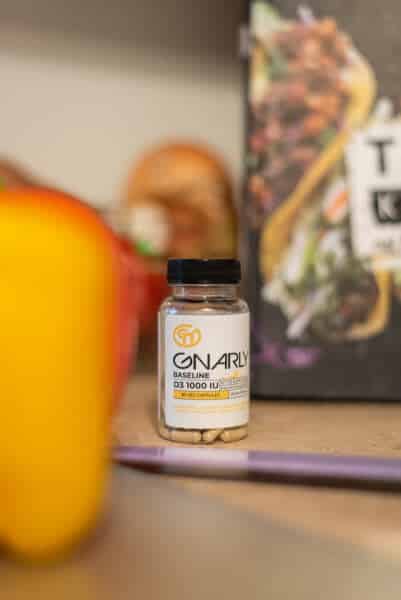
watch the gnarly baseline d3 video
However, falling short through diet isn’t the end all. Sunlight, also known as UVB light, induces vitamin D production on our skin. The only problem being that not everyone has access to at least 15 minutes of direct sunlight per day, year-round. Also, different skin tones absorb UVB differently. Lighter skin absorbs vitamin D better than darker skin, but lighter skin burns easier. Sunscreen is designed to block UVB rays, causing lower vitamin D absorption. Staying clear of cancer while getting enough vitamin D can be difficult.
Supplementation seems to be the most reliable and predictable way to assure that you are getting enough vitamin D on a daily basis. Gnarly has recently formulated an excellent vegan D3 supplement sourced from lichen providing 1,000 IUs per capsule. Strangely enough, most vitamin D3 is sourced from sheep wool and is not plant-based. Apart from the vitamin D3, Gnarly will soon be releasing magnesium citrate that provides 200mg per capsule. Seeing as these two nutrients are so often deficient and function synergistically, these supplements taken together will help assure that you are getting enough vitamin D to stay happy and healthy.
